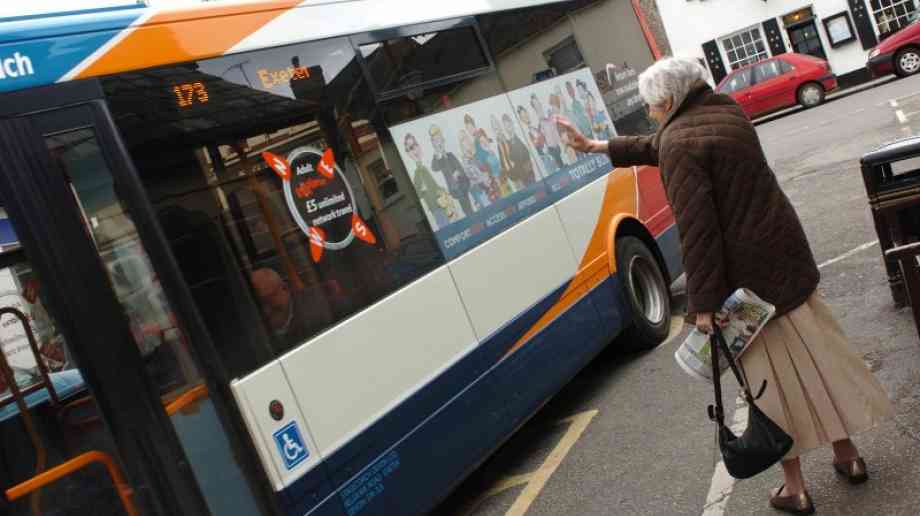Sue Robb of 4Children talks to Julie Laughton and Alison Britton from the Department for Education about the role of childminders in delivering the 30 hours free entitlement.
£400 million to keep England’s buses running

Transport Secretary Grant Shapps has announced that England’s buses will receive a funding boost totalling £397 million to help them continue serving those who rely on them.
The package, agreed jointly with the bus industry, will keep key routes running to provide a lifeline for those who cannot work from home, including those travelling to jobs on the frontline of the UK’s fight against COVID-19, such as NHS staff.
New funding of up to £167 million will be paid over the next 12 weeks under the new COVID-19 Bus Services Support Grant. As a condition of the funding, bus operators will be required to maintain necessary services at a level which is sufficient to meet much reduced demand, but also to allow adequate space between passengers on board. This is expected to be up to 50 per cent of normal service levels.
Operators will also be required to keep passengers properly informed about revised timetables to ensure that people know which services are running and when.
A further £200 million of existing funding under the Bus Services Operators Grant will continue to be paid as normal even though not all services may run during this time. This funding is usually paid according to fuel consumption, and so the government’s commitment to pay this on pre-COVID-19 levels will help ensure that bus companies are able to benefit despite fewer fare-paying passengers travelling.
The remaining £30 million was originally earmarked for starting new services, which will instead be paid to local authorities to maintain existing services.
Shapps said: “We have been very clear during the outbreak that the best way to stop the spread of the virus and protect the NHS, is to stay at home if possible. Our buses are a lifeline for people who need to travel for work or to buy food – including our emergency services and NHS staff – and it’s absolutely vital we do all we can to keep the sector running. This multi-million-pound investment will protect crucial local transport links across England, bolstering the sector and minimising disruption for passengers in the long term.”
David Renard, the Local Government Association’s transport spokesman, said: “Many key workers rely on local buses to get to and from work, whether that is nurses needing to get to hospital or social care staff to look after the most vulnerable. We are pleased the government has acted on our call and announced emergency funding to help make sure vital bus services can continue to transport key workers to the frontline during the coronavirus crisis.
“Bus operators must work with local authorities to ensure that this public subsidy is targeted at the people and places that depend on it the most. Councils now want to also work with government to provide financial support to those places which depend on other publicly-run mass transit systems, such as ferries, trams, light railway networks. These also provide key workers with access to their workplaces, and are faced with unprecedented hits on their revenues, impacting on their future viability and ability to help people and business recover when this pandemic is over.”
Company Focus
Just Lanyards is a subsidiary name of Gifts 2 Impress Limited, who have been trading for over 25 years, we therefore pride ourselves in having endless experience covering all aspects of the promotional merchandise industry.
Event Diary
UKREiiF has quickly become a must-attend in the industry calendar for Government departments and local authorities.
The multi-award-winning UK Construction Week (UKCW), is the UK’s biggest trade event for the built environment that connects the whole supply chain to be the catalyst for growth and positive change in the industry.
Supplier Profiles
Geo Energy
At GeoEnergy Design, we're on a mission to disrupt the traditional way heating and cooling ha
Latest Features
Professor Harith Alani, director of the Knowledge Management Institute at the Open University explains how AI can be used for good and bad.
Alex Lawrence, head of health & social care, techUK sets out techUK’s Five Point Plan for CareTech.

















